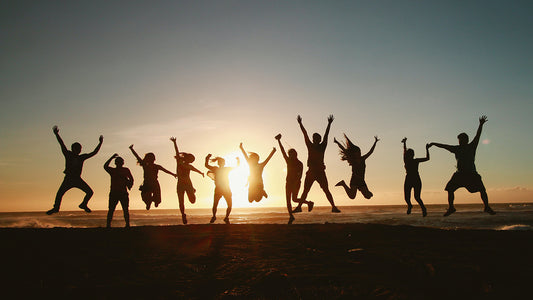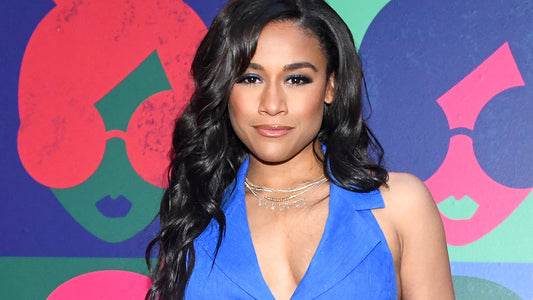
Like “sustainable fashion” and “exclusively dating,” the phrase “fair trade” seems to mean… uh… nothing. But fair trade is really important to people and planetary health, so today’s small step is to learn its actual definition.
When a product is FAIR TRADE, it’s been produced at a safe workplace using environmental guidelines and ethical labor, meaning all employees are treated and paid fairly.
Who decides what counts as “fair trade”? Nonprofits like Fairtrade International and Fair Trade USA, which spend about 9 months interviewing workers, evaluating factories, and screening leadership.
Fair Trade organizations forbid hazardous materials and champion the United Nations’ Sustainable Development Goals, which include protections for clean air and clean water. That means bigger crops that are certified Fair Trade (like coffee and cocoa beans) are following certain ethical standards, but it doesn’t guarantee they’re organic or sustainable. You’ve still got to do some homework to find out how your favorite Kenyan Blend gets made.
And listen—having Fair Trade status is great, but it’s not the only way to go. Your local farmstand probably isn’t certified; neither are thousands of other small businesses who do right by their employees and community. So get to know your neighborhood businesses, and keep asking questions about where your favorite stuff comes from, because a Fair Trade stamp is just part of the way we invest in the future.
It’s a really good part, though. ❤️



